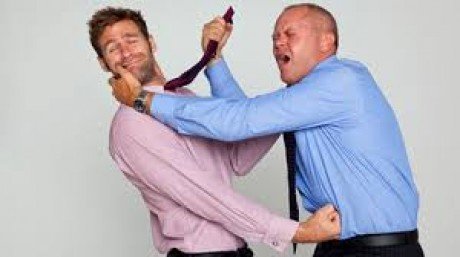Employers can potentially be held vicariously liable for an injury caused at a work party, found a recent employment tribunal.
Ahead of this year’s annual festive party season, employers have been warned of the potential issues employees’ behaviour can create when things get out of hand.
The Court of Appeal case in Bellman v Northampton Recruitment Ltd involves the sales manager (Mr Bellman) for the respondent recruitment firm. At the end of the Christmas party Mr Major – the firm’s managing director – organised taxis to transport staff to a hotel where the staff continued drinking, the drinks were mainly paid for by the company.
After a couple of hours, an argument broke out about a new employee’s placement and terms. Major was annoyed by the argument and summoned staff to a lecture about his authority. However, when Bellman questioned his decisions, Major punched him (Bellman), causing brain damage.
The Court had to decide whether the company was vicariously liable for Major’s actions. It found that two matters needed to be considered. First, the nature of the employee’s job and second, whether there was sufficient connection between his job and the wrongful conduct to render vicarious liability appropriate.
Writing in Daniel Barnett’s Employment Law Newsletter, Jason Braier Barrister at Field Court Chambers, explained: “Mr Major owned the company, was its most senior employee and directing mind, and had full control over how he conducted his role. When he lectured his staff at the afterparty, he was wearing his metaphorical managing director’s hat and establishing his authority in that role.
“Additionally, that party was not a purely social event happening to involve colleagues but a follow-on from an organised work event attended by most of the company’s employees, where the company paid for taxis and drinks.
“In those circumstances, there was a sufficient connection between Mr Major’s wrongful conduct and his role, and accordingly the company was vicariously liable for his actions,” said Braier.


